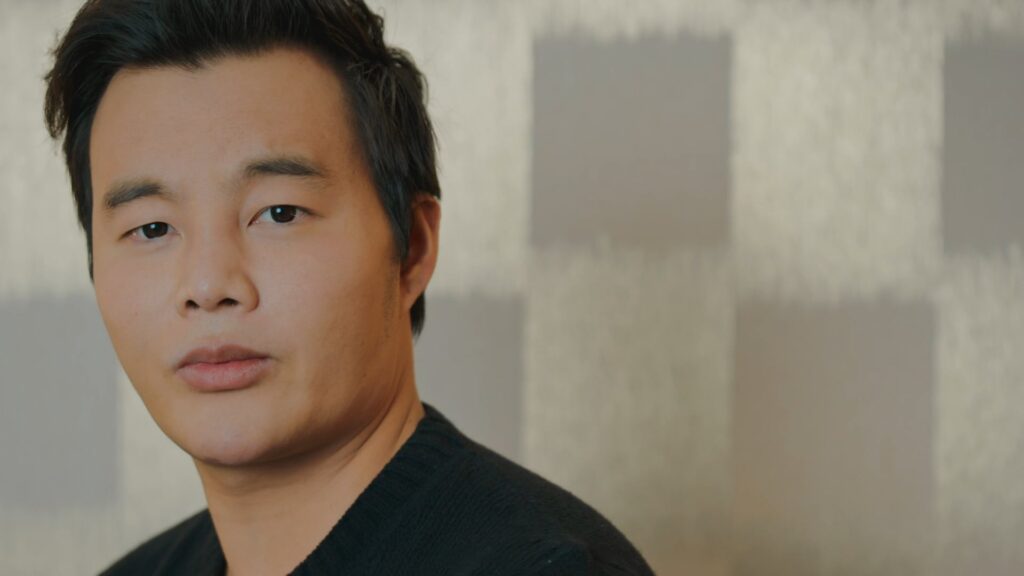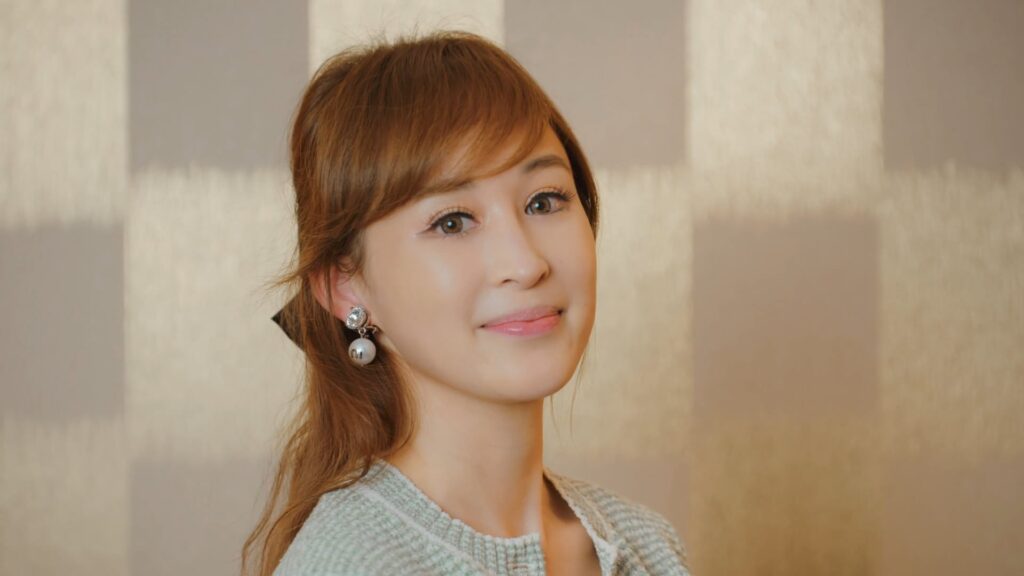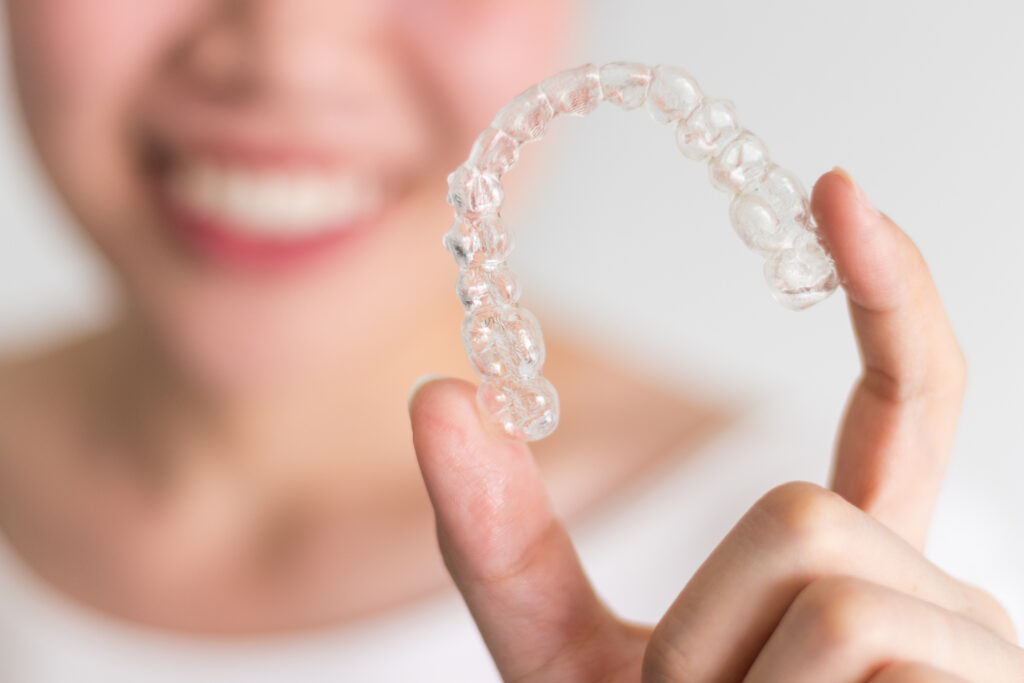
Veneer Smile Makeover with Kane Lim from Bling Empire
Veneer Smile Makeover with Kane Lim from Bling Empire
Obstructive sleep apnea (OSA) is the most common type of sleep apnea which occurs when a person’s airway closes and prevents them from taking a breath for at least 10 seconds. The average person breathes 12-14 times per minute; that’s once every 4-5 seconds. The typical pause in breathing that happens during sleep apnea lasts for 20-40 seconds. That’s only two or three breaths every minute! Now imagine if you spend a good portion of your night breathing like that; you’d be exhausted!
And in fact, waking up feeling tired is one of the main signs of obstructive sleep apnea. Daytime sleepiness, loud snoring, restless sleep, morning headaches, elevated blood pressure, anxiety, depression, unexplained weight gain, acid reflux, night sweats, and irritability are all common signs and symptoms.
The trickiest part is, most people don’t realize that they’re suffering from OSA. Usually, a bed partner or family member can hear the loud snores or gasps and push their loved one to pursue treatment, so keep an ear out when the ones you care about are sleeping! That feeling of exhaustion isn’t limited to just that, your organs are worn out too! During those periods of not breathing, the amount of oxygen that is present in your heart, liver, kidneys, brain, and other organs plummets, and those very important tissues start to suffer.
Think of it like your insides are aging faster than your outsides. With that comes more systemic issues such as generalized inflammation which causes diabetes, blood pressure, and weight gain, among other things. Many patients who have been frustrated with their inability to control their blood sugar or blood pressure have found they are finally able to do so after being diagnosed and treated for sleep apnea.
Depending on the severity of your sleep apnea, treatment options can vary.
Sign up for our newsletter so you never miss our latest blog post.

Veneer Smile Makeover with Kane Lim from Bling Empire

Veneer Smile Makeover with Cherie Chan from Bling Empire

Invisalign: An Adult Answer To Straightening Teeth Orthodontic treatment is often thought of as something only children and teenagers need, but the reality is that